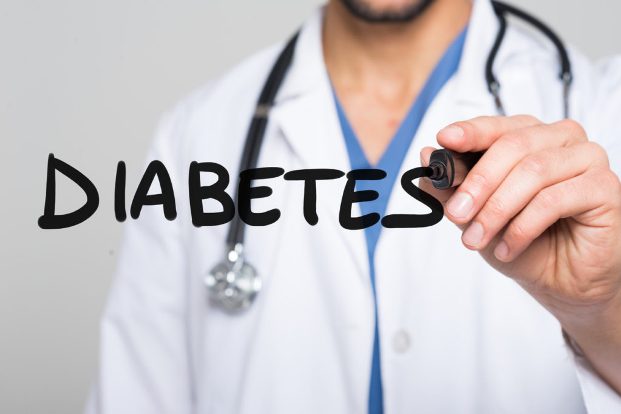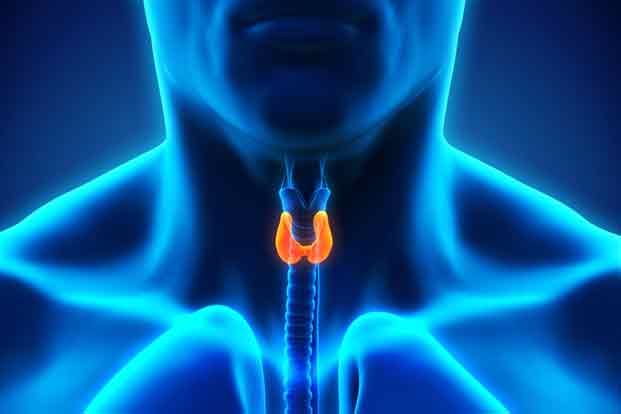Categories
- Bariatric Surgery (11)
- Black Fungus (5)
- Bone Marrow transplant (3)
- Brain Tumor Surgery Navigation Technology (20)
- Cardiac Surgery (66)
- Cardiology (97)
- Computer navigation technology for joint replacements (20)
- Covid Vaccination (17)
- Critical Care (2)
- Dental (19)
- Dermatology (31)
- Dialysis Support Group - “UTSAAH” (11)
- Dietitian (33)
- Emergency Medicine (4)
- Emotional Health (11)
- Endocrinology (33)
- ENT (20)
- Gastroenterology and GI Surgery (53)
- General and Laparoscopic Surgery (21)
- General Surgery (4)
- Gynecology & Obstetrics (183)
- Hematology (20)
- Internal Medicine (294)
- Kidney Transplant (50)
- Kidney Transplantation (20)
- Lung Cancer (8)
- Minimal Invasive Surgery (1)
- Mother & Child (20)
- mucormycosis (5)
- Nephrology (61)
- Neurology (147)
- Neurosurgery (68)
- Nutrition and Dietetics (107)
- Omicron Variant (1)
- Oncology (288)
- Ophthalmology (10)
- Orthopaedics & Joint Replacement (86)
- Paediatrics (59)
- Pediatric Nephrology (3)
- Physiotherapy (5)
- Plastic & Reconstructive Surgery (6)
- Psychiatry and Psychology (90)
- Psychologist (28)
- Pulmonology (72)
- Rheumatology (13)
- Spine Services (21)
- Transradial Angioplasty (16)
- Urology (84)
Query Form
Posted on Apr 19, 2022
Management of Dengue Fever
Dengue is endemic in more than 100 countries worldwide, causing around 360 million infection per year. There are four different Dengue Virus (1-4), unfortunately infection with one type of dengue virus does not provide protection from other types, hence one can suffer from dengue fever multiple times and second infection could be more severe.

There are three phases of illness:
Febrile Phase: This starts with sudden onset of moderate to high grade fever associated with myalgia (muscle pain), mainly in back and legs(calves), headache, pain behind eyes, nausea, poor appetite. This is the most uncomfortable phase of illness for the patient which could last from 2-7 days. One should take ample rest, keep themselves hydrated with plenty of fluids orally, which could be anything like plain water, electrolyte solution (ORS), juices, milk as per liking and tolerance. For fever and body ache, take Tab Paracetamol 500mg-1gm (Maximum 4gm in 24hrs), anti-emetics for nausea and vomiting. Most importantly avoid NSAIDS (Brufen,Diclofenac) or Aspirin and decrease or stop antihypertensive if on them for other reasons. Normally there are not many complications during this stage of illness as long as one is able to keep himself well hydrated, if not than they need hospitalisation for Intravenous Fluid replacement and supportive treatment. Patients with other comorbid problems like, diabetes, heart failure, renal failure, pregnancy, children and elderly need to be more careful at this stage.
Critical Phase (Plasma leakage): This is the most important phase of illness as far as further complications are concerned. It usually starts around time of defervescence (24 hrs before or after) and lasts for 24-48 hrs. Most of patients would make uneventful recovery but for few it is very important to identify patients at increased risk for shock and other complications.
Severe Dengue Signs
Persistent nausea or vomiting, abdominal pain, extreme weakness, dizziness, bleeding from any site, decreased urine output, low Blood Pressure or narrow pulse pressure, tachycardia isone of the early warning signs suggesting severe dengue. With this if one also has low platelets (<50000), rising Haematocrit (>50%), it is advisable to get yourself hospitalised for close monitoring. Intravenous fluid replacement, and in extreme circumstances one may need platelet or other blood products transfusion.
Recovery Phase: Plasma leakage and haemorrhagic complications starts resolving with improvement in general wellbeing, though fatigue and tiredness can some time lasts for few weeks. It is very small percentage(<5%) of patients who has some complications and it becomes important to identify these patients with warning signs, for hospitalisation and urgent, appropriate management to bring down the fatality rate to the minimum.



